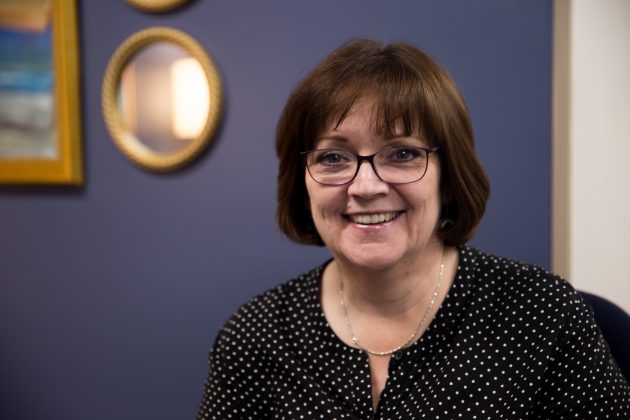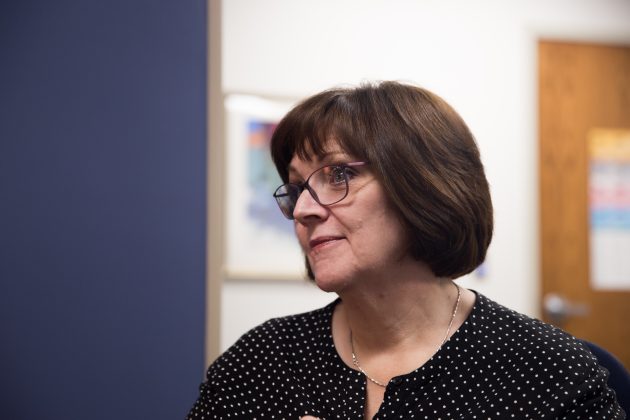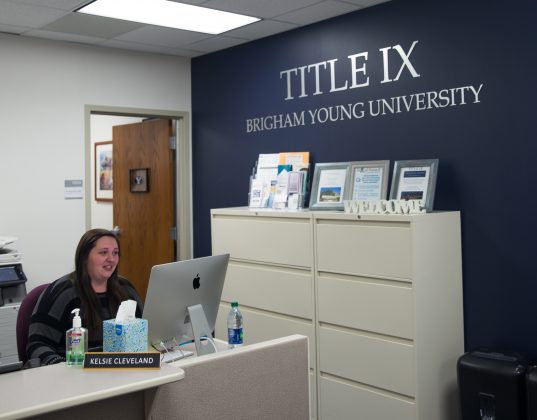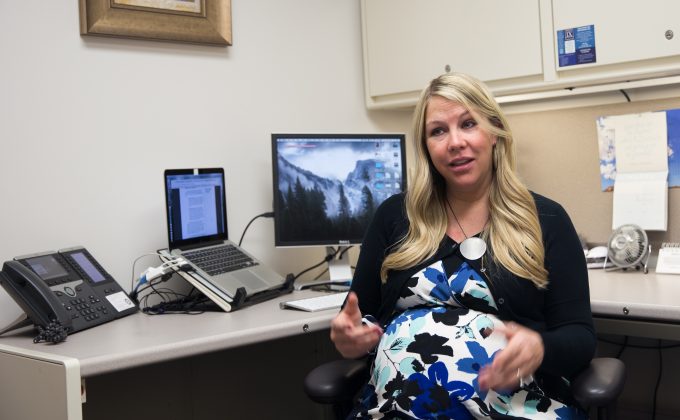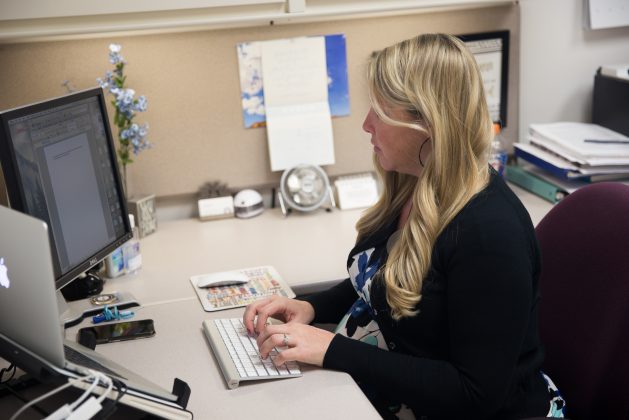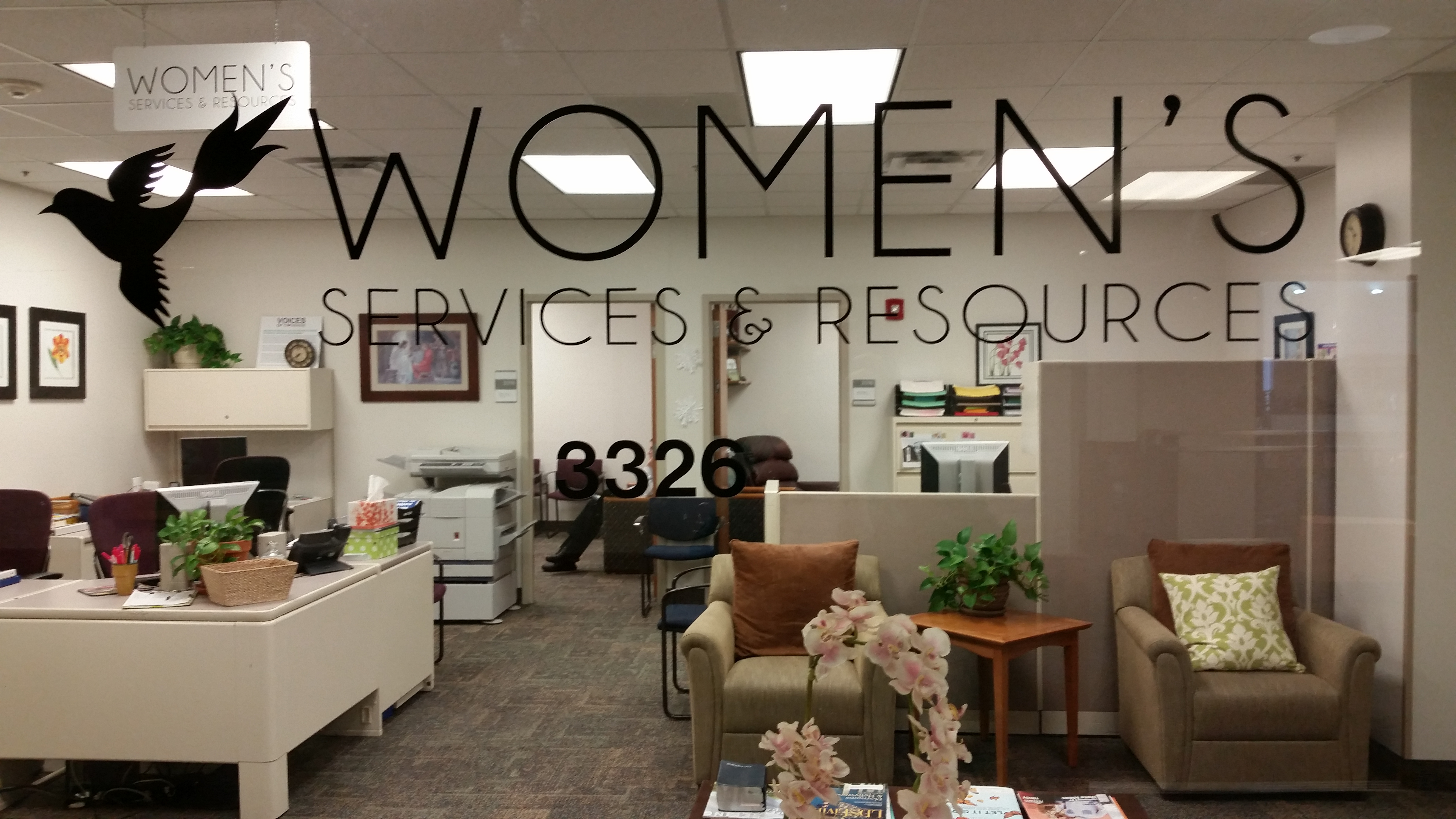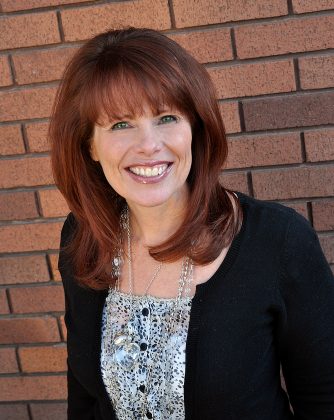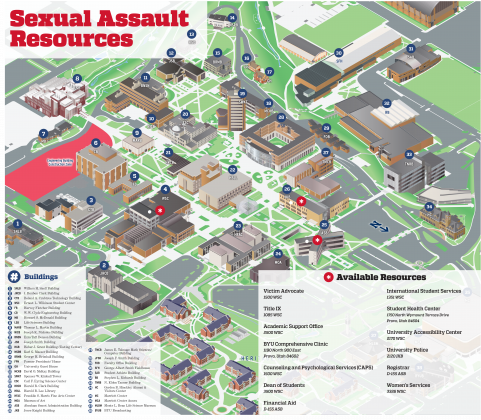Title IX Coordinator Tiffany Turley likes to compare BYU’s Title IX Office to both a fence at the top of the hill and an ambulance at the bottom of the hill.
“We want to be the ambulance that can intervene if something happens,” Turley said. “But we also want to be the fence at the top that keeps people from falling over in the first place.”
According to Turley’s analogy, being the fence and the ambulance is helping in prevention and intervention.
On Oct. 7, 2016, BYU issued a Report of the Advisory Council on Campus Response to Sexual Assault in response to public criticism of the university in spring 2016 regarding the school’s Title IX investigation process. The report details concerns specific to the Title IX Office’s and Honor Code Office’s roles in sexual assault investigations and what resources are available to victims.
According to the Advisory Council report, Worthen organized the advisory council to “identify changes that will help BYU work toward the elimination of sexual assault on campus and determine how to better handle the reporting process for victims of sexual assault as sensitively and compassionately as possible.”
This initiative to improve the process and resources available on campus regarding sexual assault included proposing “structural changes within the university,” reviewing the Title IX process on campus, proposing new ways to provide resources to students and distinguishing the relationship between the Honor Code Office and Title IX proceedings, according to the Advisory Council Report.
BYU’s Sexual Misconduct Policy states the university “will not tolerate sexual harassment, sexual violence, domestic violence, dating violence, or stalking,” whether university students, employees or visitors are the perpetrators or victims.
The Advisory Council then 23 recommendations. Some of these recommendations include providing a full-time Title IX coordinator position, moving the physical location of the Title IX Office “to separate the Honor Code Office from the Title IX Office — physically as well as structurally and procedurally,” creating a survivor advocate position and providing continued education for those individuals involved in responding to sexual assault situations and conducting a survey, according to the Advisory Council Report.
The survey shows that about 3 percent of 12,739 students experienced some form of unwanted contact while attending BYU during the year prior to taking the survey.
The survey also reported that 25 percent of survey participants didn’t know what the Title IX Office was for, 41 percent said they knew how to help a friend, and 35 percent knew BYU’s procedures in reporting sexual assault cases. Another 60 percent didn’t know what campus resources are available and 75 percent didn’t know what off-campus resources are available to sexual assault survivors.
Ben Ogles, dean of the College of Family, Home and Social Sciences and a member of the Advisory Council, said if he could tell one thing to students who are survivors of sexual assault or harassment or to students who know a survivor, it would be to go to the survivor advocate and learn about the available resources, “because you can talk to them confidentially. They don’t have to report it to Title IX, and they can refer you to other services if you want them.”
Resources
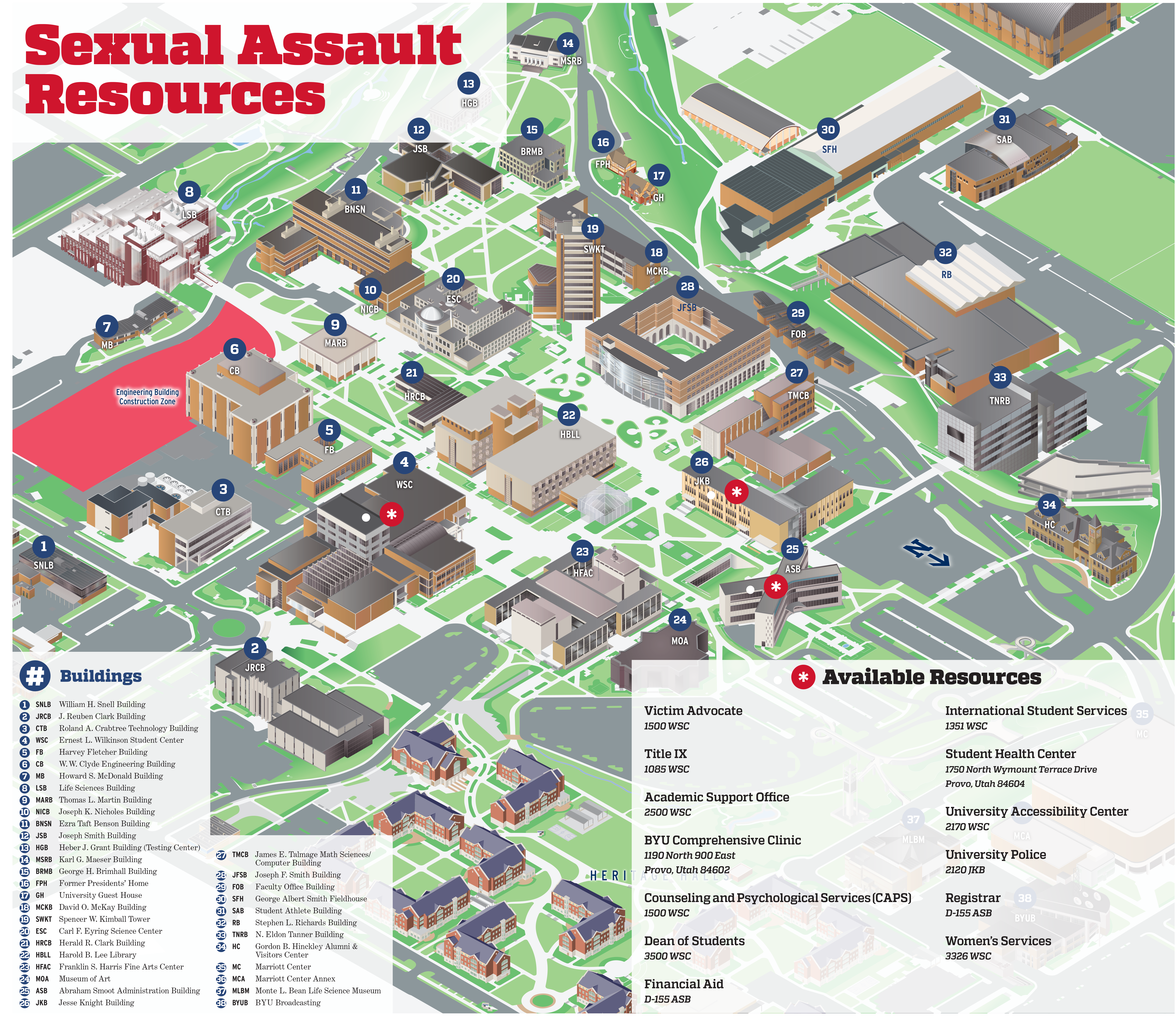
Many campus resources shown on the map are also confidential. These include the Survivor Advocate, Counseling and Psychological Services (CAPS) and Women’s Services.
The following are only a few of many campus resources available to students.
Title IX Office
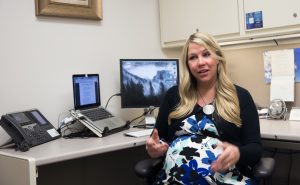
Turley, who became BYU’s full-time Title IX Coordinator in 2017 as a result of the recommendation from the Advisory Council, said the work she does is challenging because no matter what she does, she can’t take away the incident or pain a student has experienced.
“But the reason I come back and do it every day is because in those situations, if you’re able to provide a little bit of support, a little bit of help to help that person get through it and feel like they were supported and respected and cared for and listened to, then it helps them get on that path to healing,” Turley said.
Listen to the complete interview with Turley as she discusses the processes involved in Title IX cases and the Title IX Office’s relationship with the Honor Code Office.
Turley said BYU isn’t unique in its processes because of the Honor Code; nearly all schools have a student code of conduct and a conduct office that deals with violations of that code. The conduct offices work in conjunction with the Title IX offices at those universities, just how BYU’s Title IX Office works with the Honor Code Office.
The only way the Honor Code differs from other universities’ codes of conduct is the level of conduct the students are held to.
Turley said it is important for students to understand how BYU’s Title IX Office works with and differs from the Honor Code Office.
When the Title IX Office finds — through an investigation — that someone violated policy, it shares that information with the Honor Code Office. However, when Title IX shares a case with the Honor Code Office, it removes all names except for the name of the person needing discipline.
“So the principle of confidentiality is that all information shared with the Title IX Office is kept confidential and not shared with the Honor Code Office for anyone but, again, the person who has found to have violated the policy,” Turley said.
Turley also clarified that BYU will only kick people out of school if they are a “serious offender” and campus resources have done everything they could do to help.
“Our ultimate goal is not to kick people out of school, whether it’s a victim who’s also violated the Honor Code or someone who’s found to have violated a policy,” Turley said. “For us, even with the people who are perpetrating these things, we feel like we can help them, and we can do more with them then just kick them out of school. Once we’ve kicked them out of school, we’ve made them someone else’s problem, and we’ve done nothing.
Women’s Services & Resources
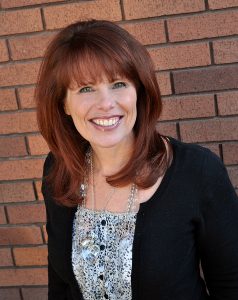
Dixie Sevison, director of Women’s Services & Resources, said her role on campus is to be “a support and a resource” for students.
Sevison said anything reported to her is confidential.
According to the Women’s Services & Resources statement of confidentiality, “If a student makes a report to a full-time WSR employee, that employee will not report the incident to any other campus entity unless it is determined there is an immediate health or safety risk or otherwise required by law. Women’s Services & Resources seeks to assist and support all members of the campus community by recommending appropriate resources and services both on campus and in the community.”
Those who reach out to Sevison for support can also be connected to other campus resources or community resources if they choose.
“After the student decides what they want to do with the resources I have provided, I am here to support them in their decision,” Sevison said. “For example, if they decide they want to speak with Lisa Leavitt, the survivor advocate, I will walk with them to her office and make an introduction.”
Survivor Advocate
Lisa Leavitt, a licensed therapist and psychologist, became the full-time survivor advocate at BYU in January 2017. In addition to her doctoral degree and her specialization in sexual trauma, Leavitt received training in crisis and trauma plus about 180 hours of training specific to trauma and advocacy to successfully function in her role.
Leavitt said her main role is to help survivors of sexual assault go through the process of healing.
“My primary role is to guide them, to counsel them, to connect them with resources,” Leavitt said.
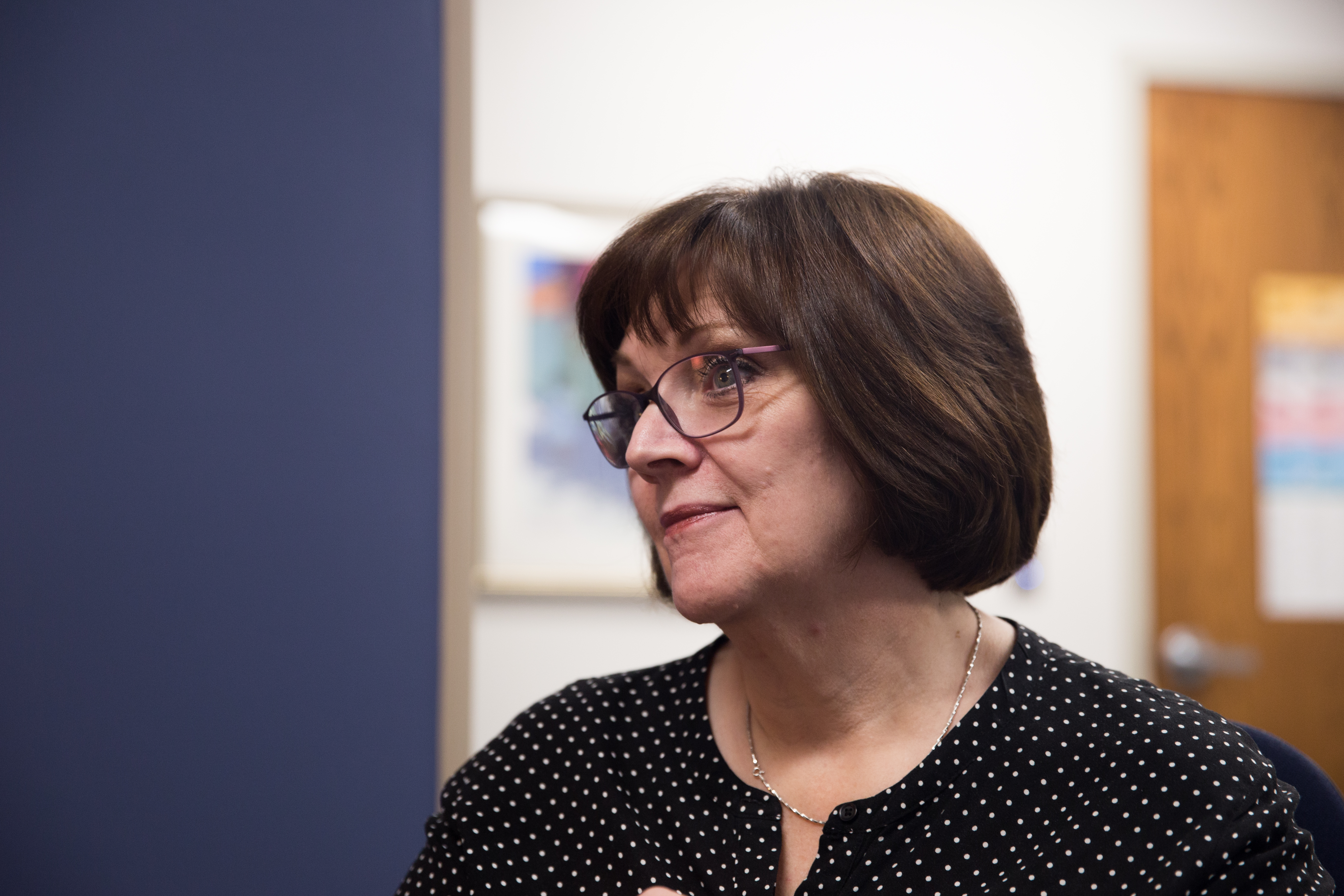
All of Leavitt’s work is completely confidential. If someone wants Leavitt to talk to anybody else, she must receive written permission from the student.
Leavitt can also accompany the student for anything additional to survivor advocacy, such as the Student Health Center, the Title IX Office or other resources. In each of these cases, Leavitt specified that the student is always the one to decide; Leavitt never makes decisions for the student. She only provides the student with the help they need and makes them aware of additional resources available to them.
“It’s all about empowering them to make their own choices,” Leavitt said.
Turley said resources available to students can include counseling, the survivor advocate, Women’s Services, the Student Health Center, the University Accessibility Center and more.
Students can obtain letters to professors for classroom accommodations, receive no contact letters, receive help to get out of a class through the Registrar’s Office, obtain help to get out of a housing contract, work with student employment to change work schedules and many other services, according to Turley and Leavitt.
“There is so much we can do to help a student specific to their campus experience to allow them to continue in school and be successful students,” Turley said. “Because one thing we found is once students fix these difficult situations, the first inclination is to retreat, withdraw from school and try to figure it out, when really allowing them to continue in kind of that stability of classes and school — some sense of normalcy — is really important. So we want to help whatever we can do to make that happen.”
Watch this Campus Pulse video to listen to Turley and Ogles talk more about consent. For part one of the series, visit the BYU Daily Universe Youtube page.
Leavitt said a lot of time, money and resources have gone into making sure BYU’s processes for handling sexual assault survivors work and that the necessary and appropriate resources are available to students who are victims of or are involved in sexual assault cases.
“We have an administration that is very invested, and I believe will continue to be invested in making sure we are getting this right, and ultimately that we are doing the best thing for students,” Leavitt said.
Each resource on campus is available to students to help them and support them in their path towards healing, according to Turley.
Ogles said he hopes students will learn and be aware of all the campus resources available to them and that they will understand the value of these resources, such as the survivor advocate.
“That would be the one thing I would want everybody to know,” Ogles said. “So that every freshman could walk up to them in a class and say, ‘What do you do if your friend gets sexually assaulted?’ ‘I take them to the (survivor) advocate.’ If they all said that, I would be a happy person.”

